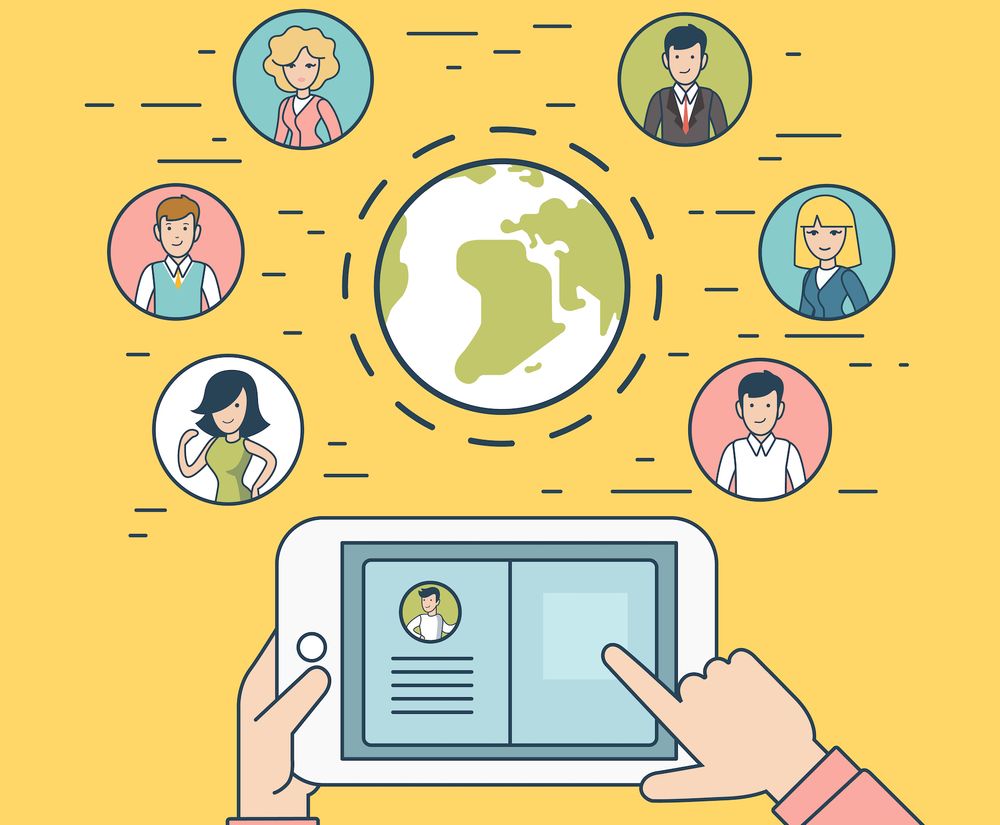What exactly is a digital business? (And how to become one!) |
What do Doug Neill, owner of Verbal to Visual, who offers courses and memberships to visually impaired learners, Sadie Robertson Huff is the owner of Live Original, who has podcasts, an app as well as hosts events for young women looking for deeper religious and spiritual development; and Ashley Fox, owner of The Wealth Builders Community, that offers memberships to people who want to make a difference. share in common? All of them are digital entrepreneurs.
The world is constantly changing and develops, so do the business world. If you've got an amazing idea but would prefer some at your own pace and enjoy a flexible lifestyle, being an entrepreneur in the digital space could be a good option for you.
What we'll discuss within this piece:
- What a digital entrepreneur is.
- The types of digital entrepreneurs.
- Benefits of being an entrepreneur in the digital space.
- How do you become a digital entrepreneur.
((toc))
What exactly is an entrepreneur in the digital space?
A digital entrepreneur is someone who runs their business online. There is no specific type of digital entrepreneur. They is possible to be an online course creator or virtual assistant to being an author, blogger, or a podcaster. Digital entrepreneurs may offer products like business coaching digital goods like e-books as well as physical goods such as candles. There are many opportunities.
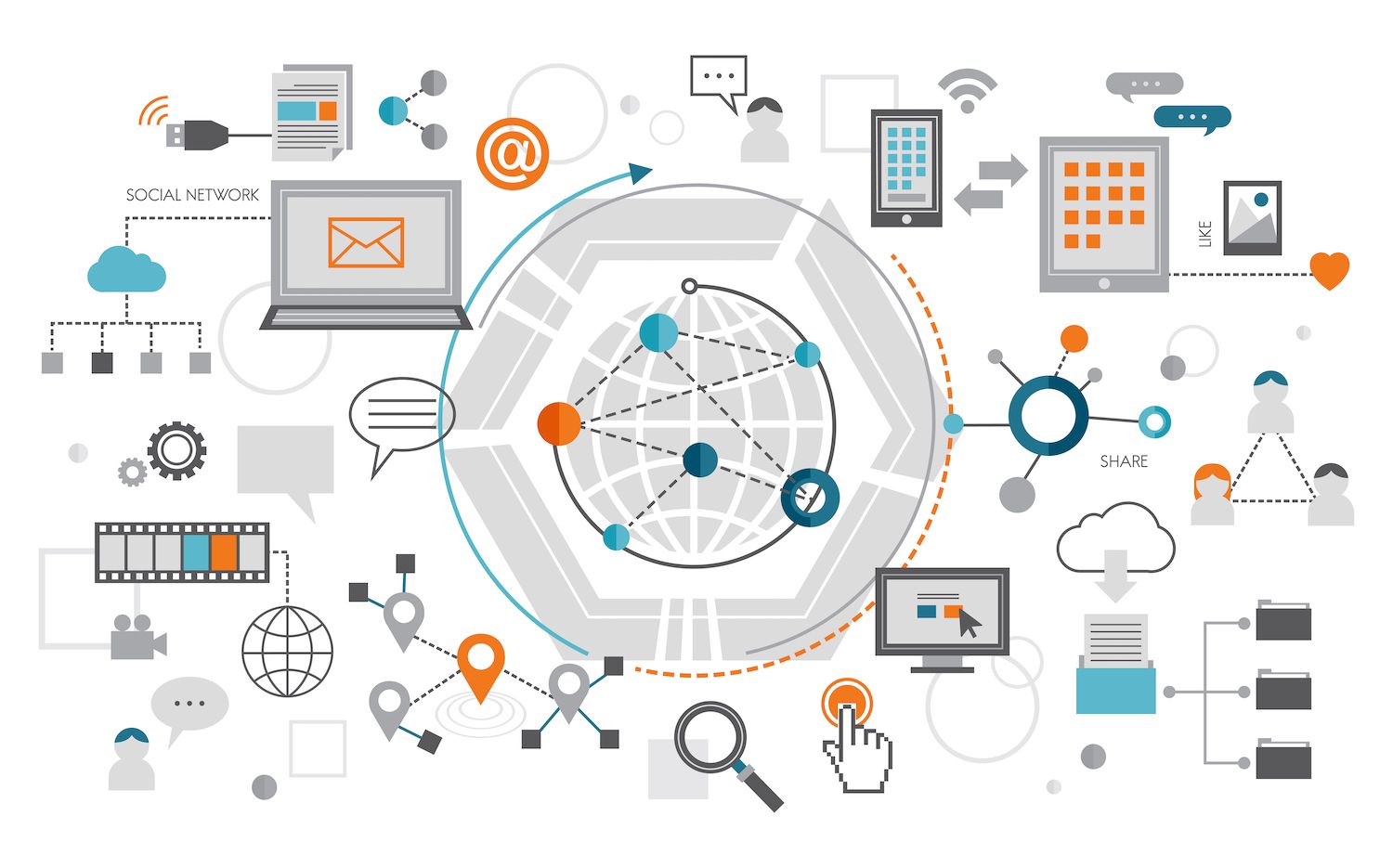
A digital entrepreneur typically requires no fancy tools; it's possible that you only require an laptop. Social media can be used to increase awareness of your business, create a website, and use emails to build and develop a relationship with your target audience. One of the benefits of digital entrepreneurship is that you can earn the money you'd earn in a traditional business, but without the overhead of physical requirements like storefronts.
Digital versus traditional entrepreneurship
What separates an entrepreneur who is digital from a traditional entrepreneur is the location they work. Traditional entrepreneurs run as a physically-based business like a storefront or pop-up shop. There are advantages and disadvantages to each.
The most significant benefit for the digital entrepreneur is that they do not require much capital for their venture (you don't require external funding to begin and you can start a business without any capital investment your company) and their expenses are relatively affordable. The main challenges of being an entrepreneur in the digital space are:
- Your competition is with the whole globe (instead of your geographic area)
- It is necessary to be more diligent in building confidence and credibility
- Customers who are interested in purchasing your product can't view the product on their own and must rely on reviews.
- Digital entrepreneurs may be having a difficult time "turning off" and establishing business hours for themselves since they can work at any time and anywhere...even on their couches, which can result in burning out.

Traditional entrepreneurs can use digital tools as well, to for instance, using social media to build the awareness of their company. If they have a storefront and a storefront, they have the benefit of pedestrian circulation -- walking by, spotting the stunning red dress displayed in the window and thinking, "I have to have that !"
Traditional business owners also establish schedules for their business, which means they're less susceptible to burning out. But of course the main disadvantage of being a traditional entrepreneur is the fact that they will require more capital to set up their storefront and incur greater expenses in order to run their business. This is more as opposed to online entrepreneurs.
Types of digital entrepreneurs
It's easy to imagine that there are many instances of what digital entrepreneurship could look like, particularly in the event that new technology and tools come out, which means there are endless possibilities. They're not mutually exclusive also; lots of digital entrepreneurs combine these cases to broaden their offering. Below are some typical types for digital entrepreneur.

Community Hosts
We're aware of a thing or two about creating an online community. One great way digital entrepreneurs can build an online community is by sharing their passion. Take, for instance, ArtSnacks Mix built around painting as a hobby, or the Outwild Hub. Hub is a place that is for those who love outdoor activities and want to make nature a bigger part of their lives.
Communities are growing into thriving online businesses -and we're seeing them scale to 6 7, 7 and even 8- figures!
Digital entrepreneurs can earn profits from their communities through the creation of a membership fee for the group. They could also hold live events, start an application with a brand name, and make a course they only offer to community members.

and there's a myriad of various kinds of online communities for you to pick from. Here are some examples:
- Mastermind Groups: Members come together to share their knowledge and expertise to transform their business or their lives.
- The term "group coaching" refers to a community run by a coach brings members together for the purpose of transformation (e.g. holistic wellbeing Coach ).
- Micro-community: It doesn't take a large community to make a significant difference. It's just 30 members or less, who are dedicated to pursuing a specific subject such as interest, goal or passion.
- Content community Members get together to make and/or make content and then share their experience.
- Online brand community A community that is online has members-led growth driven by those who are enthusiastic to discuss about a brand or product. Consider, for instance, the QuickBooks community. It is a space that allows users of this product to acquire the knowledge they need. Another great instance of a digital brand community is Adriene Mishler (who started Yoga together with Adriene via YouTube). The community she created was designed to assist her more than 10 million viewers get more involved in the practice of Yoga and connect with others which is why she started her own community called the Find What Feels Good (FWFG) Kula Community.

Blogger
If you're a writer and are able to write about something you should consider starting a blog. It could be a great segue into online entrepreneurship. Once you've found your niche and picked a name for the blog (make sure to use our Blog Name Generator) you're now ready to offer value. Bloggers such as Seth Godin and Neil Patel offer a wealth of information through sharing marketing tips to their readers.
Contrary to popular opinion, you don't need a ton of traffic to monetize your blog. However, you do need a plan (because your blog isn't the place where you keep your journal). You also need to be persistent and have patience.
Bloggers earn cash through a variety of ways, including:
- Affiliate marketing If you mention products on your blog when someone clicks on a brand-approved tracker link, you could receive a commission.
- Ads: When you let other businesses to advertise on your blog, you are paid. Ads can be paid per view or per ad (also called revenue per mille - RPM ).
- Sponsorships: In the event that your blog is gaining traction enough, businesses can offer to give you a payment to create an article that is sponsored by them.
Bloggers can also earn money by selling a course ebook, book, or other merchandise through their blogs.
The methods for writing content change constantly and some people opt to publish content on platforms such as Twitter or LinkedIn instead of a traditional blog platform.

Podcaster
It's never been easier to start and grow your podcast! There are a lot of big names out there making bank by podcasting. Some of them include "Armchair Expert," "Call Her Daddy,"" "Office Ladies" and "Freakonomics Radio ."
Even as you're getting started by forming a community which loves your work, you may still earn money from podcasting. As with blogging, it's important to find your niche (not simply something you're famous for, but one you're interested in), have a solid name (use our Podcast Name Generator) as well as an outline for when you will release new episodes, driving the audience to engage, as well as arranging the right guest speakers. Keep in mind that growing your audience takes time. Keep your patience and be consistent.
Podcasters earn money via:
- Paid communities: Subscribers pay for access to premium programming such as videos, Q&As with celebrities, access to earlier to podcasts, and private groups. Certain podcasters earn money through a community by selling different memberships.
- Create courses: If you have a podcast that has a purpose of education or teaching listeners the latest skills, developing courses is an excellent opportunity to make money through your podcast. Look at Gretchen Rubin, who has a self-development podcast, "Happier with Gretchen Rubin." She has self-improvement courses that match the theme of her show, such as "Outer Order, Inner Calm," and "30-Day relationship challenge." ."
- Affiliate marketing: Through Affiliate marketing, the podcasters receive an income every whenever a person who listens to their podcast purchase a service or item mentioned in an episode. The commission is calculated using a discount code (members typically receive 10-15% off the product or service and this gives them an additional incentive to purchase ).
- Sponsorships: Do you remember commercial breaks that appear while listening to your podcast? That's a sponsorship. This is different from affiliate marketing since you get paid just to mention the company's name (e.g. a flat fee to talk about them in seven segments) regardless of whether your listeners never spend one cent for these.
- Live events: A number of the most popular podcasts, such as "Giggly Squad" have accumulated so many fans that they go to live shows. Even if your following isn't quite as large, think about holding a local live event in a pub, restaurant or a local bookstore.
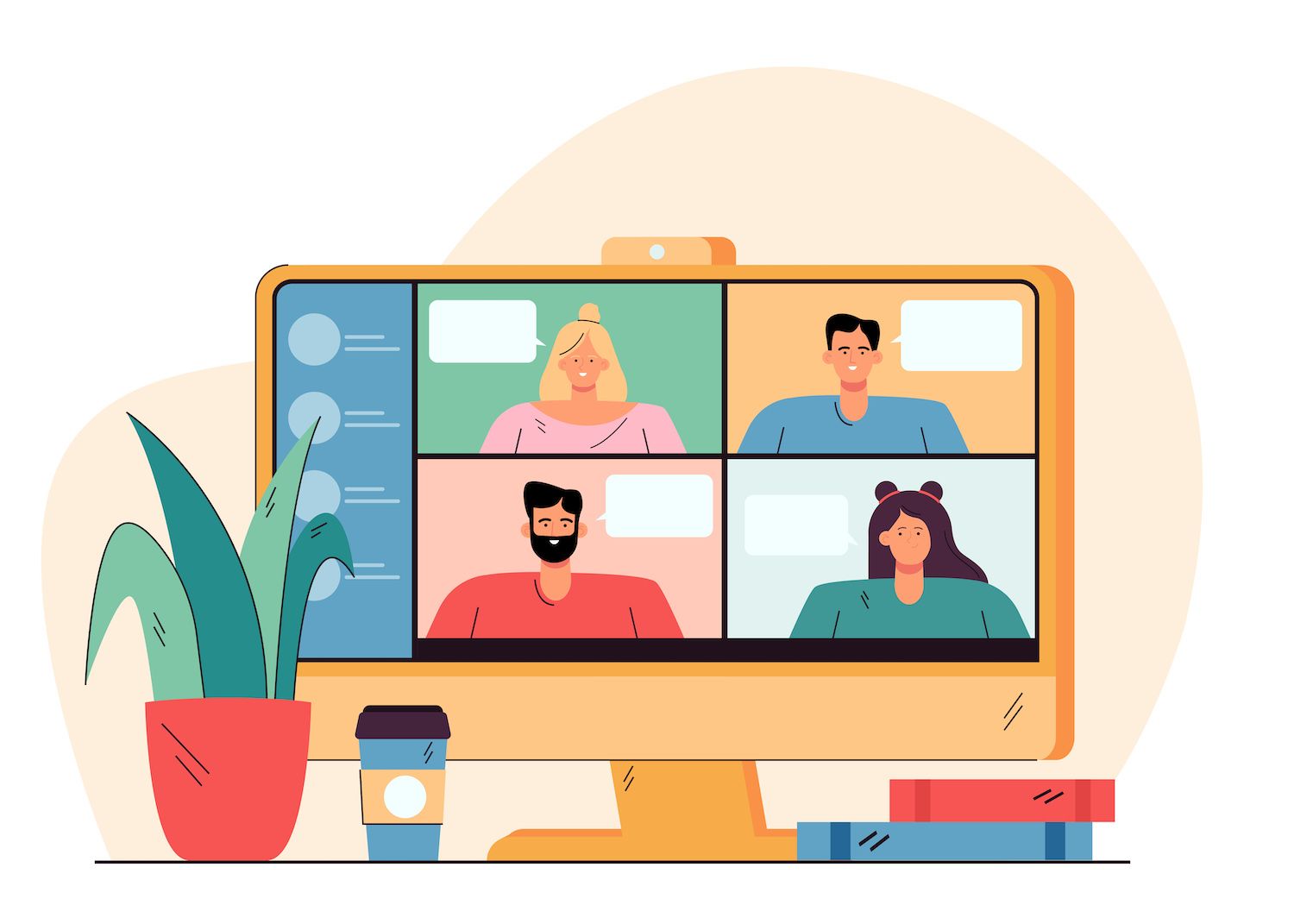
YouTuber
YouTube is second largest search engine in the world (and owns by Google- the biggest) The top YouTubers such as PewDiePie, Markiplier, and Like Nastya earn anywhere from between $28 million and $38 millions annually!
While there's a ton of competition on this platform (over 720,000 hours of video uploaded each day) however, the key for building an YouTube following is having a niche that is strong and creating content in that niche. Just like with the podcasting industry, blogging requires lots of perseverance and patience to build a fan base on YouTube.
Here's how YouTubers make money :
- Ads: In order to get approved to run ads you have to hit a minimum target - 4,000 watch hours during the last twelve months as well as 1,000 subscribers. This isn't the best way to earn money, but it's how YouTubers with large followings earn cash.
- Members of channels: Just like with ads, you'll need be a subscriber of more than 1000 and be in the YouTube partnership program. It is possible to offer subscribers advantages such as badges, stickers as well as live chats and many more.
- Affiliates YouTubers earn a percentage of every when a viewer purchases a service or product that is mentioned in the video (affiliate links located within the descriptions of videos).
- Merch: If you are able to establish a brand that is well-known and you are able to sell merchandise.
- Selling services: Let's suppose you're a fitness instructor and you want to share tips to improve your fitness through your YouTube channel and connect to the fitness business you run.
Read further about the amount YouTubers earn per ad in this article .

Consultant
If you're an expert at solving a problem, consulting can be a great method of earning money for it. Your expertise can be offered to businesses that are in need and post your articles via LinkedIn and YouTube to serve as advertisement. Having some solid testimonials from former clients and figures that show your value will be a good way to establish yourself as a consultant. Consultants can work either by hourly retainer, or by deliverables and top consultants can charge hundreds of dollars per hour to cover their expenses.
Consulting can range from providing the client with information to helping clients permanently improve their organization. Consulting can assist organizations in their sales, marketing and information technology, as well as emotional Intelligence, Diversity and inclusive strategies, or even mitigating conflicts.
The best part is that entrepreneurs who use HTML0 can seek advice from anyplace in the world.
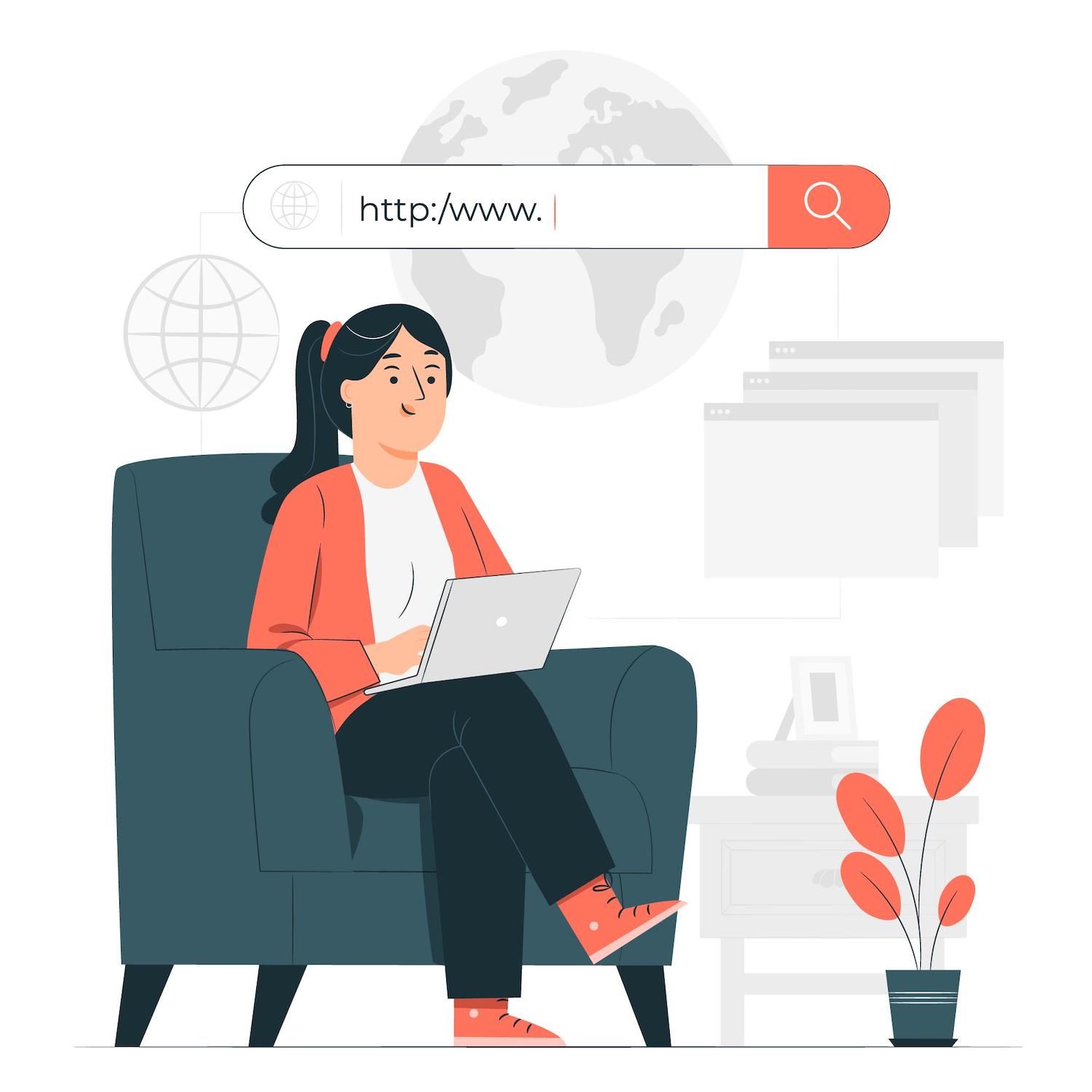
Subscriptions
Digital entrepreneurs can begin an online business for subscriptions offering subscriptions. This model is similar to an online community, however it is less active; customers consume content, software, or products that you've created or licensed. Think of software companies like Dropbox and Zoom and others that offer media like Hulu and Netflix, or even ones with physical items like HelloFresh - they've built businesses around subscription services.
Here's how digital marketers can take advantage of subscriptions:
- Premium content businesses when people pay each month and get access to content (e.g. fitness videos ).
- A subscription that runs monthly A few businesses have provided subscriptions for necessities like razors and soaps to extravagant items such as wine and chocolate.
The great news is that this is potentially an ongoing revenue stream if you are able to get your business's idea of repeating work for you.
newsletters have growing to be a major part of the business of subscriptions.

E-commerce
The trend of e-commerce isn't just for fads and it's only going to get bigger and expected to surpass $3.6 trillion worth in 2024. The great thing about e-commerce is that it's not just for large corporations, it's accessible to everyone, even entrepreneurs in the digital space.
There are numerous platforms to sell on such as Amazon and Alibaba and if you're a bit more imaginative, try Etsy. You can also use Shopify for digital entrepreneurs looking for a platform on which they can build their own online store.
The possibilities for the products online entrepreneurs sell are limitless, from physical products like shoes, mushroom lamps as well as art as well as digital goods such as e-books, printables and apps (which is projected to reach $755.5 billion by 2027) and online learning courses. Digital goods are beneficial as they're scalable and infinitely adaptable and generate regular revenue and can be easily automated.
Course Creator
It's not a secret that online learning has skyrocketed over the past couple of years. Because of online platforms for courses, it's never been easier for online entrepreneurs to translate their expertise and knowledge into a fantastic educational experience that anybody in the world can take. In fact, courses are so profitable that we saw a podcaster as well as an author on Mighty sell 5,000 seats to the value of $997 in only 10 days.
Your online course could be on everything, including 2D animation, to learning to draw. Courses can be pre-recorded (asynchronous learning) or taught live (synchronous learning) and both are expanded, as when you teach live it is possible to teach hundreds of students.
We're certainly not suggesting that creating an online course is easyYou must find the right niche, design your course, then promote it. Profitable niches are a combination of being popular and where people are learning about, and are willing to pay for.
A few of the best profitable online courses are B2B as well as fitness, entrepreneurship, marketing, and wellness.
Also, browse our selection of online classes suggestions below !

Host an event online
One of the great things about a virtual event is the convenience -- for both the host and the participants. It's not necessary to think about the capacity of a venue as well as the logistics such as parking or obtaining an alcohol license, and participants don't have to worry about the time of travel or their attire.
There's so much room for fun with virtual events as long as the message is clear and can inspire and motivate attendees to go. That means explaining the how, what, and how to get the most value from the experience attendees will get. We call this the Big Purpose.
Next is about identifying your Ideal Member , by asking:
- Where are they from?
- What is it they are concerned about?
- What are they struggling with?
- What transformation would make the HTML0 come alive?
The downside of virtual occasions is that connecting people isn't as seamless as in-person. It's the reason it's so important to create opportunities for connections like:
- Breakout rooms
- Group projects, or by making use of the whiteboard
- open text questions as well as discussions
- Q&A session
Events can be held at any interval that ranges from annual to multiple months in a row. The sewing group Topstich Makers hosts weekly sew-alongs for people to work simultaneously in a single project.
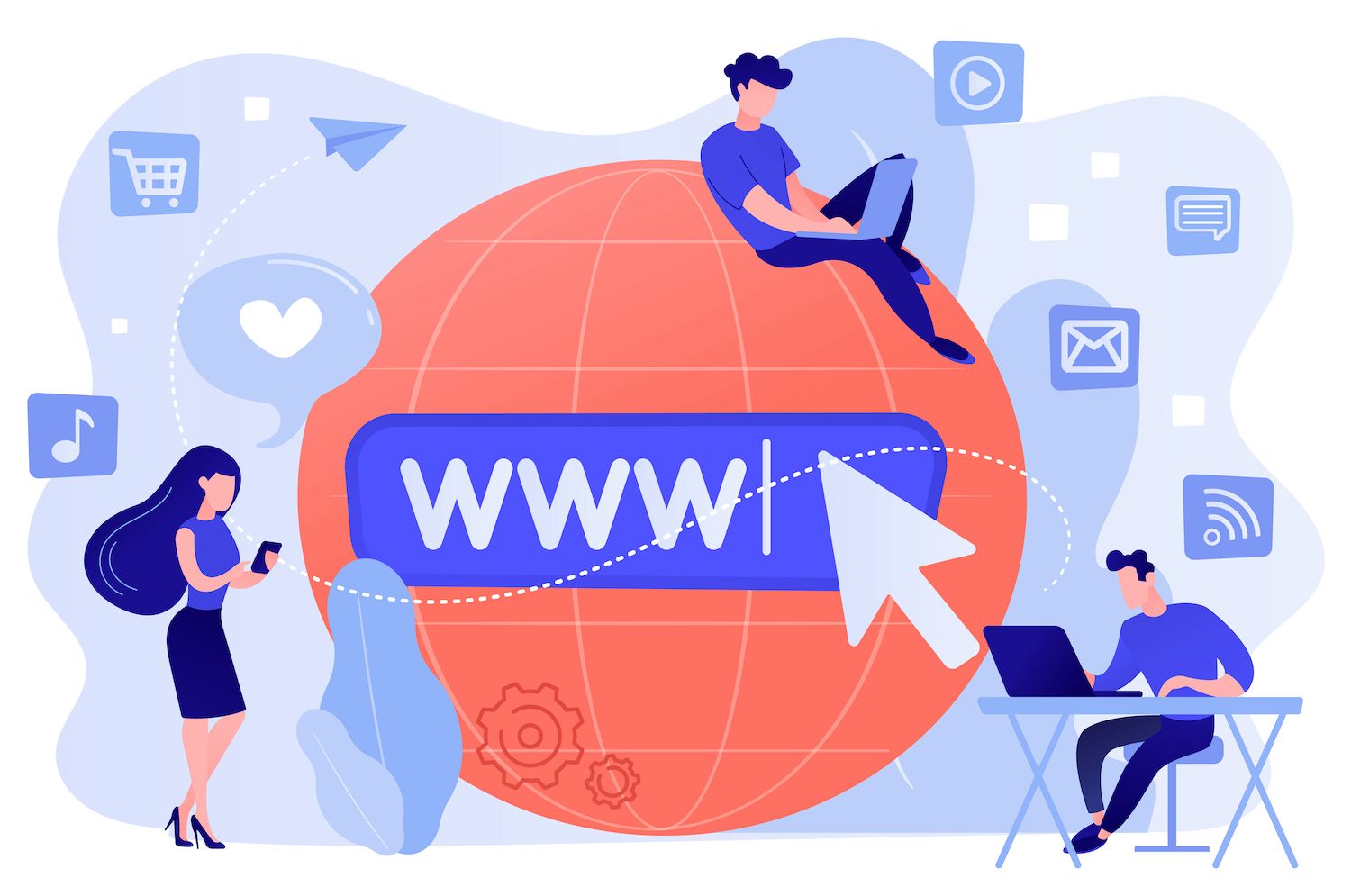
How do you become a digital entrepreneur?
What you can provide as a digital entrepreneur can be endless. Beyond offering something of value it is possible to be thinking what else is in it for you?
Flexibility
As opposed to working a 9-to-5 schedule, becoming an entrepreneur implies that you can dictate your schedule. You are able to work 4 each week days, whenever you want or take a longer lunch, all without asking for permission. Being a digital entrepreneur gives you even more freedom than traditional entrepreneurs, because you're not tied to a specific physical address. Digital entrepreneurs can take advantage of working from anywhere around the globe and starting from Boston all the way to Bahamas and living the"digital nomad" lifestyle.
Scalability
Scaling your business means growing your customer base and the amount of revenue you earn faster rather than simply increasing your costs. It's not a one-size-fits-all approach in the case of growing your business. It will depend on the state of your business. If you've got the right foundation in place and build your long-term and sustainable plan for expansion The sky is the limit!
Amazon is an example of a scalable and infinitely expanding technology company. The initial idea was a bookstore transitioned into an online marketplace software that grew thanks to the network effectbecoming more valuable every time a user joined. It's now valued at $1.8 trillion.
If businesses are thinking of scaling, their minds go to courses. With an expected worth of $62 billion in 2027, there's good reason why this first flexible online service is the most popular choice for scaling. The process of scaling for coaches may mean only providing 1:1 coaching services and engaging classes.
One idea that entrepreneurs tend to overlook when it comes to expanding their businesses is virtual events. It's the most difficult part of creating and hosting your first event online. However, once you've got over the plateau and received positive comments from your attendees and guests, you'll be able to refine it and host further. Plus when your virtual event is high-value or high entertaining (or both) participants are more likely to pay and show up! Pick a virtual event platform which allows you to build and grow easily.

Accessibility
You can not only work from anywhere, you can also reach anyone from around the globe. Contrary to traditional entrepreneurs which can only connect to those who live in their zone, online businesses can be found in any area.
By using a superior digital marketing strategies it is possible to reach your intended audience. Utilize social media to your advantage write blog articles that are noticed by your targeted viewers' eyes via search engine optimization (SEO) offer valuable content for your audience and make use of email marketing to bring visitors to your site.
Adaptability
Being able to adapt to the market's changes can be beneficial -- keeping your imagination flowing, and testing new techniques so you're never bored. If you notice there's less demand for your service it is possible to quickly adjust the offerings you offer to meet your customer's requirements. Unlike a large corporation You can quickly alter or tweak your services and pricing without losing the time or money.
Obviously, you don't want to have the syndrome of shiny objects with regards to business (offering the latest and greatest simply because it's trendy), but you do need to know what's the market's demands.

Profitability
We're not saying that the moment you decide to venture into business you'll make $100,000 within the first year However, as your expenses are relatively low, the possibilities of profits are virtually limitless"cha-ching.
It's all about perfecting your skills, knowing who the customers you're trying to sell your products (having a niche is super valuable -- that way you're not selling to everybody), nailing the basics of business while transitioning from an artist to an entrepreneur, and working on your mindset (self-doubt has a nasty tendency to creep up upon you). Making your digital business part-time while working a full-time position might be the best method to build expertise and trust before diving into the deep end head-first.
The earning potential for online entrepreneurship is endless but it's the time freedom that individuals opt for entrepreneurship in the initial in the first. It could be time with loved ones and relatives as well as more time spent traveling, creating new memories, and plenty of time for you all around.
What is the best way to be an online entrepreneur
The best thing about being a entrepreneur is that it can look slightly distinct for each person based on how they manage their company as well as how they operate their business, and even who they are interacting with. When you're just starting out there are some basic steps that everyone must take to become a digital business owner.
1. Lay the foundation
Like building a house, creating a company requires the foundation of a solid base to build on. Every business starts with a concept or idea or an inspiration.
global businesses such as Starbucks were born from an idea: two teachers and a writer pooled together their money and resources to start an Seattle-based coffee shop which has become an extremely well-known cafes in the world.
Usually, business ideas stem from a requirement you've faced or the gap that you observe in the market.
If you're still stuck, here's what else to think about:
- Area of expertise Check out your knowledge and the fields you understand. In the world of Mighty, we often see entrepreneurs who are building successful businesses based on topics they're familiar with. Digital Entrepreneur Ryder Carrol, whose approach to bullet journaling sparked an entire movement, course, book and a community centered around visually organized.
- Your strengths: Starting with your strengths is a great approach to becoming a digital business owner. Essentially, you want to remain in the zone of creativity, not what you find difficult to accomplish (e.g. Don't be coach if you're people abilities aren't the greatest). ).
- Passion: Do you know the subjects that you can't get enough of or the topics you aren't able to stop discussing? What about the things you enjoy doing just to have enjoyment? Every single thing can point to your interests.
Here are some questions you could ask yourself to gain clarity around your venture in digital entrepreneurship:
- What can I learn about the X subject?
- What difficulties have I solved successfully by myself?
- What issues have I succeeded in solving for others?
- What could I teach anyone who's only beginning?
- What makes me want to be a digital entrepreneur?
- What can I bring to the discussion? What's my unique perspective?

2. Find your ideal customer
It's likely that you've heard of the phrase, "When you sell to everybody, you'll sell to everyone." And it's true. There's no way to possibly sell to everybody, so you need decide who you plan to serve.
You also have to ask yourself, "What problems will I help them solve?"
Customers purchase goods or services due to a motive such as to find greater peace within themselves, meet a partner, or just have a better self-image, they're looking for a transformation.
What should you be thinking about when it comes to your ideal customer:
- Demographic, geographical and psychographic features.
- Life transitions and states of mind (e.g. new parents, first-time home owner, parents who are no longer in the nest, career pivots that ).
- Their hopes and dreams.
- Beliefs, fears, and obstacles to achieving their objectives.
You can go even more in depth and conduct some market research, whether it's by way of a survey and group Q&A or a one-on-one interview, ask potential customers these questions for a deeper understanding of what they need:
- What are the challenges you currently confronting in your journey with X?
- What is the biggest challenge that you've faced in achieving X on your own?
- What solutions or services can you use to solve the issues you have faced?
- What other products or services have you used that didn't aid you in solving your problem?
3. Test out your ideas
After you've acquired an idea of what your ideal client desires and requires, you can now create a product or service that will meet.
If the person you want to target wants to find the perfect partner for them but struggle with their confidence and putting themselves out there and putting themselves out there, think about all the methods you can help them.
They could also include:
- An online event for singles who want to meet.
- An online course that teaches individuals how to leave their comfort zone and meet new people so they find a partner.
- Matchmaking in 1:1.
- A group coaching program for single women. Each week will be a different topic that is related to loving yourself and finding that perfect match.
- A book about building self-confidence, and the ways it can help throughout their life, not just love.
Once you've come in with as many ideas as you can think of, you're ready to test these ideas with your prospective customers. Find out which ideas they find interesting versus which ones they're not so thrilled about.
Visit the Corporate Name Generator to design an outstanding business name.

4. Figure out business requirements
We won't go into too much of the nitty-gritty here however, just as traditional entrepreneurs, digital entrepreneurs have to follow the rules and rules of business ownership.
Basically, you need to be aware of how you can make sales and collect the appropriate taxes and submit a report to the authorities. Additionally, you'll need to work out proper invoicing and claiming tax deductions at the end of each year. It is possible to ask fellow digital entrepreneurs how they invoice (which software they use) and if they use accounting software or accountants for help with tax preparation.
5. Make sure that marketing and sales work in concert
After you've put everything set up now is the time to get yourself out there! It's not necessary to have websites (especially when you're selling products) However, it certainly makes your appearance more professional. There's no doubt about whether you should market your company through social media. It's cost-free, and simple to make content, to increase and expand your followers. The trick is selecting the best ones- go where your ideal customers hang around the most.
The next step is to create an email marketing system. Another way to increase your list of email addresses is creating a freebie (also known as the lead magnet) so that in exchange in exchange you will collect email addresses.
Or start a community! We find that a powerful community can eliminate the need for a traditional sales funnel and transforms into an enterprise that is a flywheel for the community. It grows itself.

Digital entrepreneurs need the correct platform
Digital Entrepreneurship is a vast field however we would like to see you are inspired to investigate the ever-growing field of.
If you're thinking about digital entrepreneurship to create the content you want to share, create a community or course, event, and/or commerce, come build with Mighty! We're an all-in-one digital entrepreneurship platform for memberships that lets you livestream, teach live and pre-recorded classes, host conversations, and even live events where participants can communicate and chat with one other.
It is also possible to make money from 135 currencies, and make payments directly through the platform.
